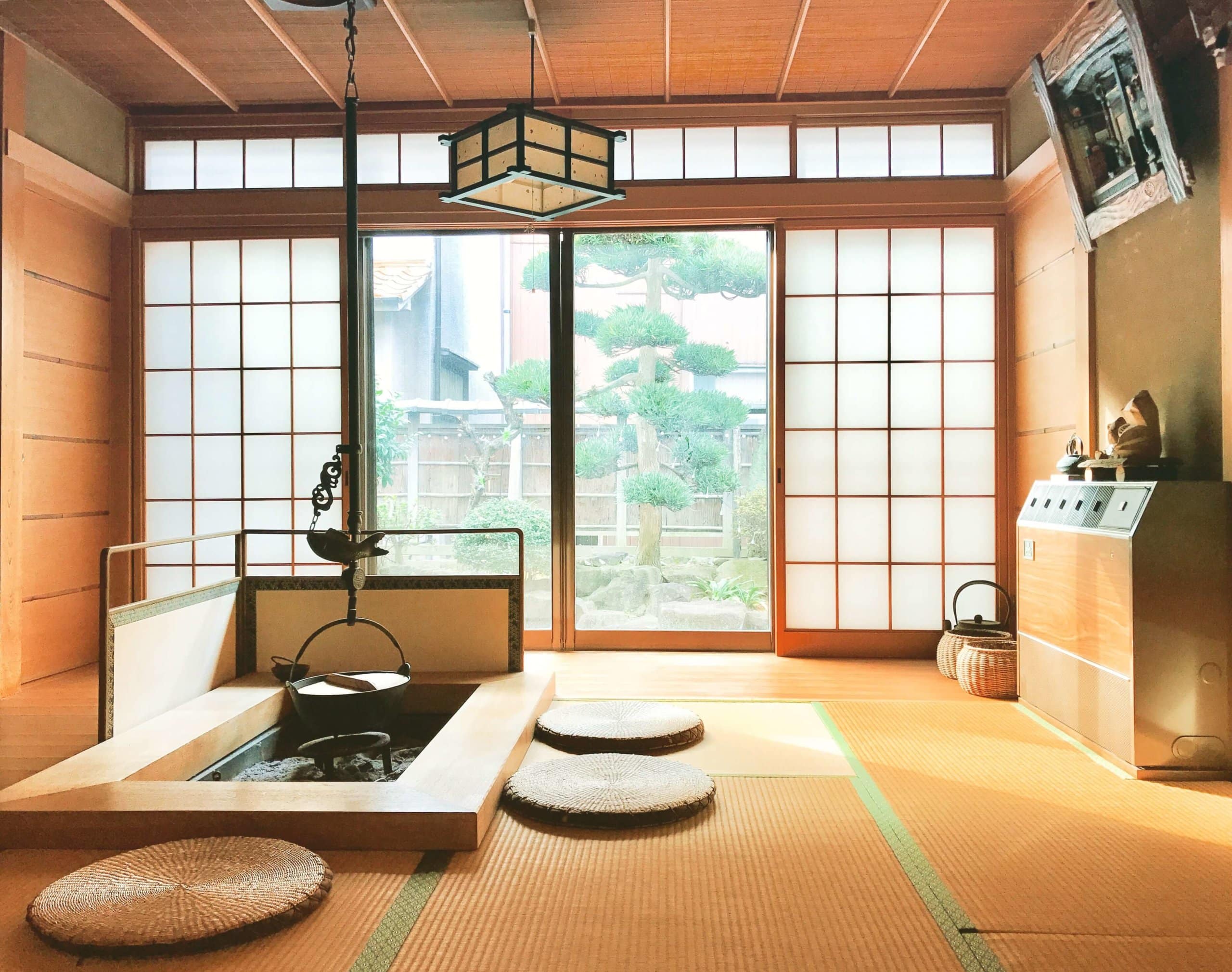
First show respect for the elderly as they have an honorable place in Okinawan society. These rules not only apply to most Japanese homes but also to many traditional ryokan some restaurants and the indoor sections of many temples.

Other Okinawan customs deal with matters of courtesy.
Japanese customs and courtesies. The development of an etiquette-oriented culture in Japan originated in the native religion called Shinto which translates as Way of the Gods The foundation for the social system is harmony - between men and gods and among men - all within the context of the superior- junior structure of the society. Japanese Customs and Courtesies. Proper manners and consideration towards others are highly valued in Japan and misbehaving tourists are increasingly causing frictions.
In order not to annoy or offend the locals foreign visitors should be familiar with at least the basic rules. Its best to familiarise yourself with the basic Japanese manners and Japanese etiquette. Manners and customs are important in Japan and even though you are a tourist in the country you are still expected to follow a few common rules.
Dont worry everything is straight forward and really fun to. For a fascinating up-close look at Japanese manners in action we recommend Terrace House. Boys Girls in the City a Japanese television show on Netflix.
Bowing is one of Japans most well-known customs and most travelers are aware that Japanese people bow when greeting one another. If you think the business world is a whole other language the world of Japanese business is a completely different universe. Theres this big jump from casual everyday Japan to the formal work culture here.
Its a complete 180º. Other Okinawan customs deal with matters of courtesy. First show respect for the elderly as they have an honorable place in Okinawan society.
Second you should not walk into Japanese homes schools shrines or temples wearing shoes. If you see a tatami grass mat it is usually a clue to take your shoes off. A lot of rules regarding indoor manners in Japan are related to footwear.
A clear line is traditionally drawn between inside and outside and outdoor shoes and indoor slippers are handled accordingly. These rules not only apply to most Japanese homes but also to many traditional ryokan some restaurants and the indoor sections of many temples. One of the advantages of spending the night at a ryokan while you are in Japan is that it offers you an opportunity to experience the customs and lifestyle of the people.
In an effort to insure that all our guests truly feel at home we would like to explain the customs and courtesies observed in a traditional Japanese. Japanese culture is described as shame culture in contrast to Western guilt culture. In the west one can say that ones behavior is based or dictated by a sense of guilt resulting from ones actions.
The feeling of guilt in the west is an internal feeling. The feeling of shame in Japan is an external feeling. 10may130 pm 300 pm Japanese Customs Courtesies.
Mon 10 May 1303 pm. Ages 18 Up. Learn Japanese etiquette so you can feel more at ease exploring off base.
Call 225-8725 for more information and to register. Etiquette in Japan form common societal expectations of social behavior practiced throughout the nation of Japan and is highly esteemed. Like many social cultures etiquette varies greatly depending on ones status relative to the person in question.
Customary practices can be traced to all aspects of everyday life in Japan particularly in homes schools and the workplace. By custom and tradition the marines hymn is the last song played at ceremonies and gatherings of marines. Although the reference allows for the playing of special music requests before.